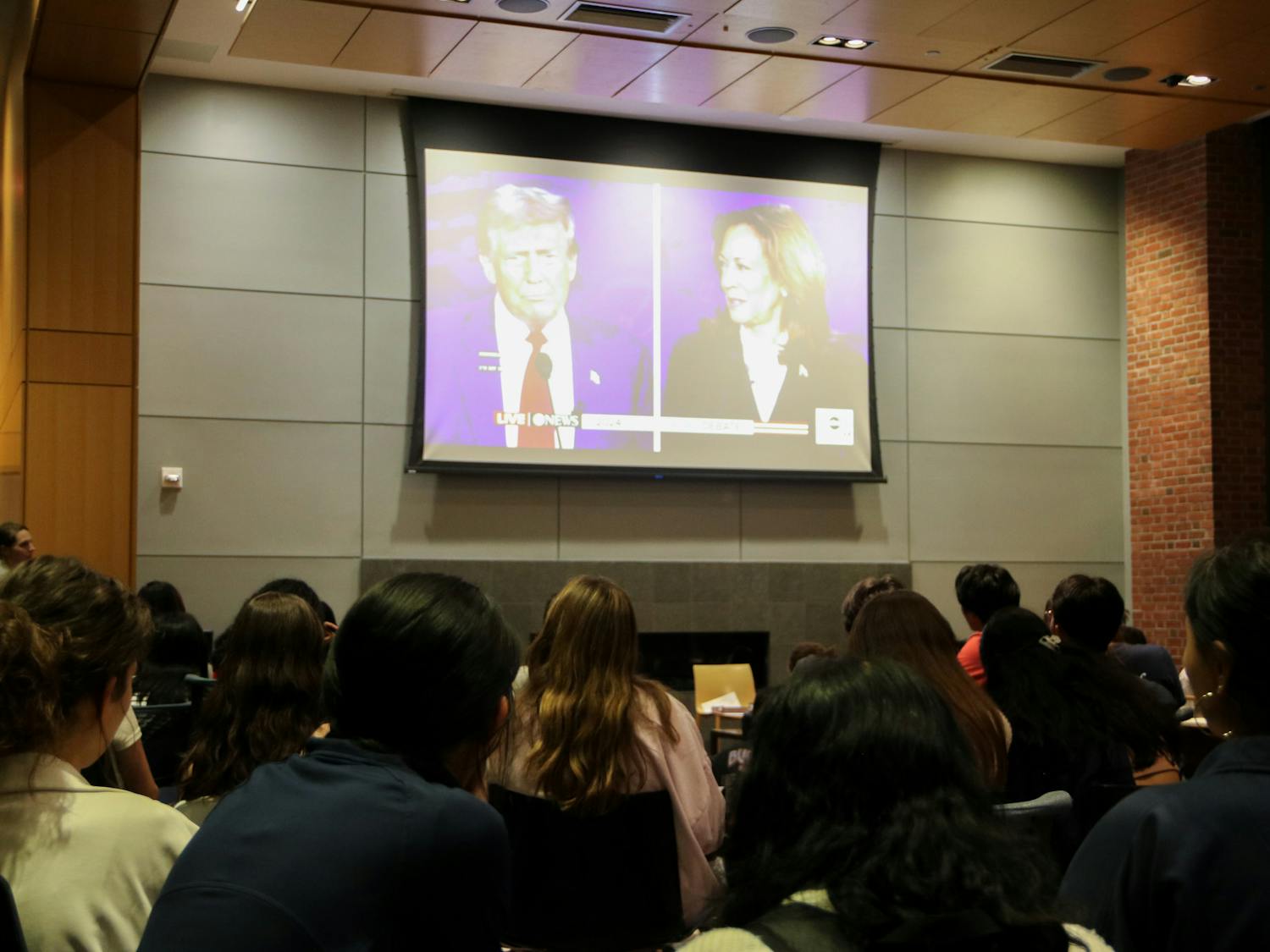To commemorate last week’s anniversary of Sept. 11, members of Occidental College’s Republican Club planted 2,997 American flags — one for each victim of the attack — on their campus green, all of which were later removed by student protesters. This incident, now the subject of an ongoing investigation, has sparked a heated debate on campus over the symbol of the flag, what it represents and who gets to decide.
Though no one has been officially charged with uprooting the flags, students from a campus group known as the Coalition at Oxy for Diversity and Equity have allowed their Facebook page to be used as a platform for students to speak out in defense of the protest. An anonymous statement posted to its page reads, “For us, this flag is a symbol of institutionalized violence (genocide, rape, slavery, colonialism, etc.) against people of color domestically as well as globally. Additionally, if the goal of the memorial is to commemorate the lives lost during 9/11, the singular nature of the American flag fails to account for the diversity of lives lost on that day.”
“This is not a critique of desiring to remember the fallen, this is a critique of failing to comprehend who, or what, has been lost.”
For both the students who planted the flags and those who removed them, the events of and surrounding 9/11 are inexplicably traumatic. As is true of all similarly divisive events, our passion and pain regarding them rarely leads to a polite response, so we should all take care to understand not just the actions, but also the motives of the protestors and not let our opinion of one disqualify the other.
Surely, in the eyes of many Americans, the act of disrespecting the flag is akin to disrespecting the lives that were lost on 9/11. There’s no question that the students who planted those flags deserve sympathy — their pain is real. But the same must also be said of the protesters because so is theirs.
Conflict seems almost unavoidable when one community possesses two radically different, if not irreconcilable, interpretations of the flag. And for those who only wanted to spend the day grieving, the politicization of this memorial might seem like an unwarranted distraction.
“This is beyond politics, this is about those lives that were so tragically taken,” said the Occidental Republicans in a recent statement posted to their Facebook page. And while I have no doubt that they organized their memorial with the hope of mourning those who were lost, whether or not the event was apolitical is still up for debate.
A sign placed at the memorial by the Occidental Republican Club indicated that the event was sponsored by the Never Forget Project, a program started by the Young American’s Foundation. According to its website, “Young America’s Foundation began this program in 2003 when we discovered that most college campuses were either completely ignoring the anniversary or holding a politically correct event instead.”
The organization also provides a pamphlet with instructions that include, “Host a conservative speaker in conjunction with your programs,” and “Don’t let the Left appropriate this day to promote its politically correct, multicultural agenda.”
I can’t say for certain what they mean by, “politically correct, multicultural agenda,” but I assume it looks something like the posters put up by protestors at the Quad which said, “R.I.P the 2,996 Americans who died in 9/11. R.I.P the 1,455,590 innocent Iraqis who died during the U.S. invasion for something they didn’t do.” — a message which the Occidental Republicans say “shamed the victims of 9/11.”
On the day after 9/11, American flags sprang up all across the country. For many communities it might have been strange to see a home without one. In times of immense tragedy, we turn to powers greater than our own. Some turn to religion, some to nation and many turn to both. The desire to do so is, of course, only natural. The weight of nearly 3,000 deaths is too heavy for one set of shoulders.
But has something not gone awry when we start exchanging consolation for allegiance? And when we replace the memories of loved ones with American flags, to whom (or to what) are we paying tribute?
Conflating a national tragedy with nationalism causes any form of dissent to become disrespect for those who were lost. This creates a barrier to speaking out when the desire to mourn becomes a desire for vengeance.
The Occidental College Republicans have the right to mourn as they see fit, but the question remains — can we raise the flag without being blinded by it?
CAMERON DICHTER is a College junior from Philadelphia, studying English. His email address is camd@sas.upenn.edu. “Real Talk” usually appears every other Monday.









